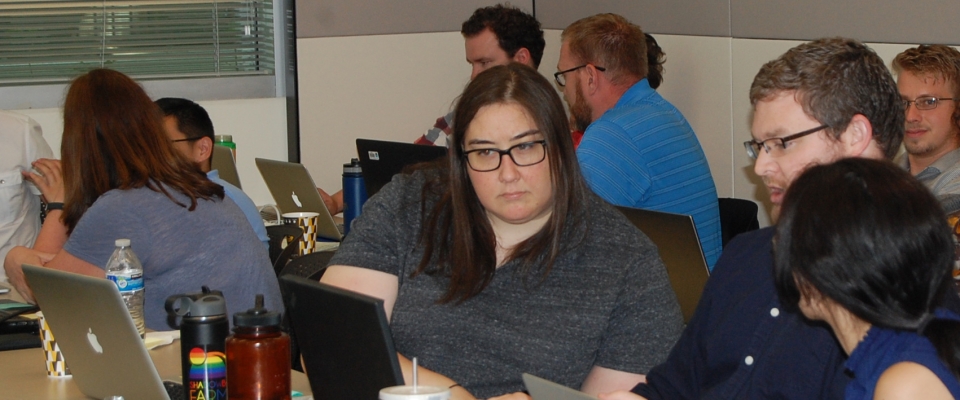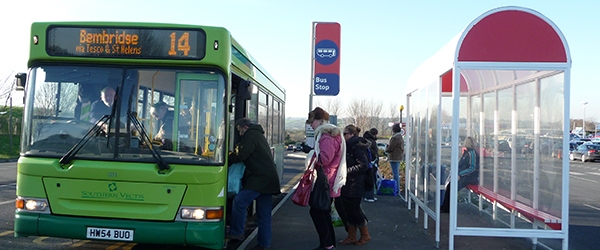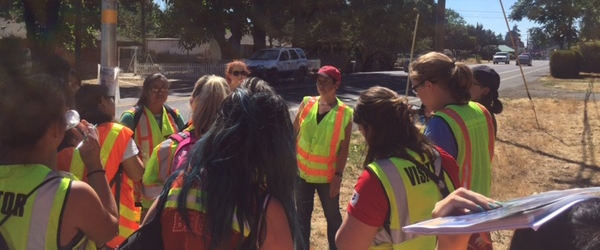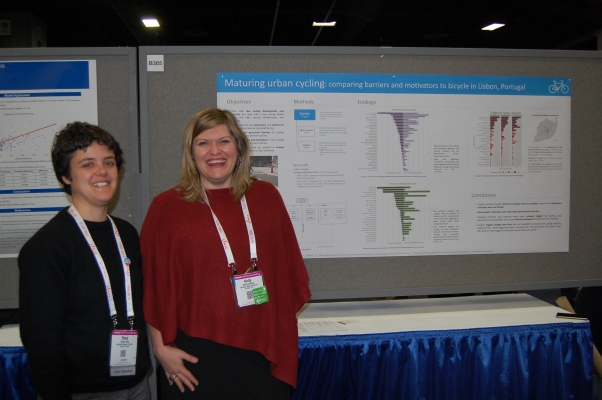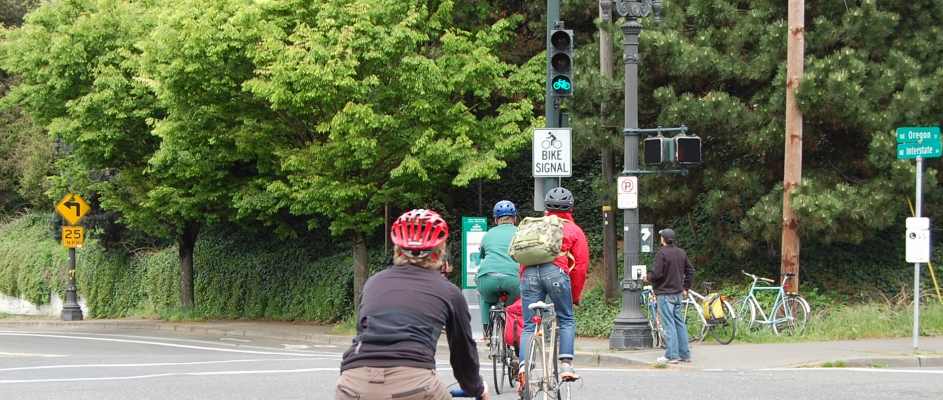Portland, Oregon's 2035 Comprehensive Plan calls for “City Greenways” - a citywide network of park-like streets focused on moving pedestrians and bicycles safely. Such a connected network of safe, welcoming active transportation options could have significant benefits for residents—but which residents?
Benefits of bike and pedestrian infrastructure include environmentally sustainable transportation, livability, and improvements in economic development and public health. While these outcomes are well documented, it is also known that both transportation and...
Read more
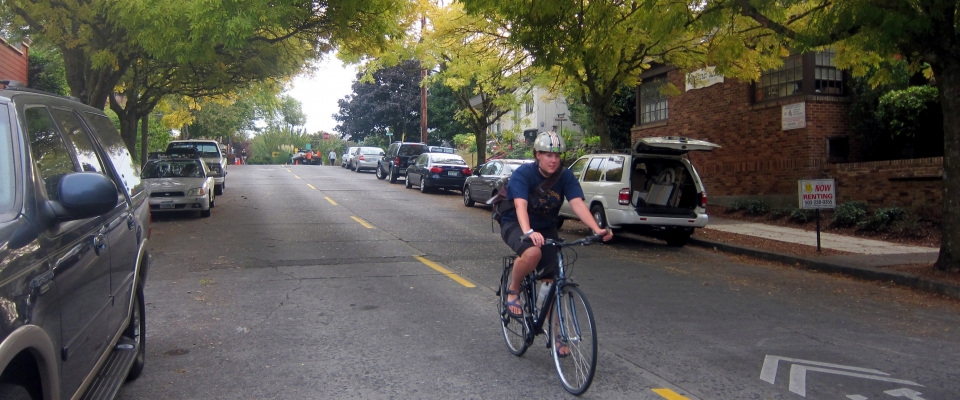
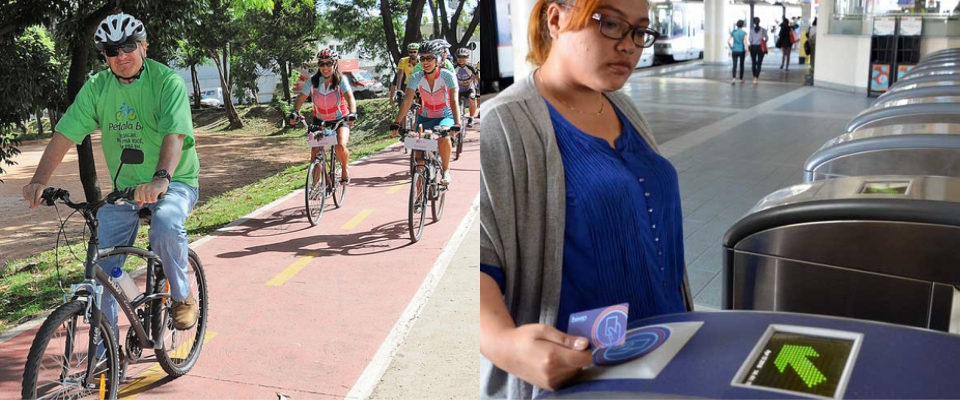
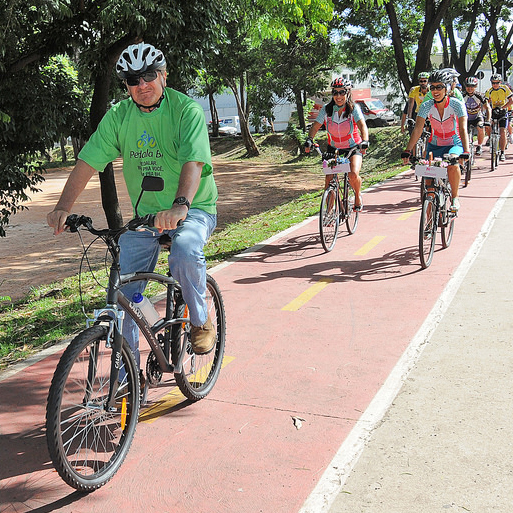 Exploring Data Fusion Techniques to Derive Bicycle Volumes on a Network
Exploring Data Fusion Techniques to Derive Bicycle Volumes on a Network